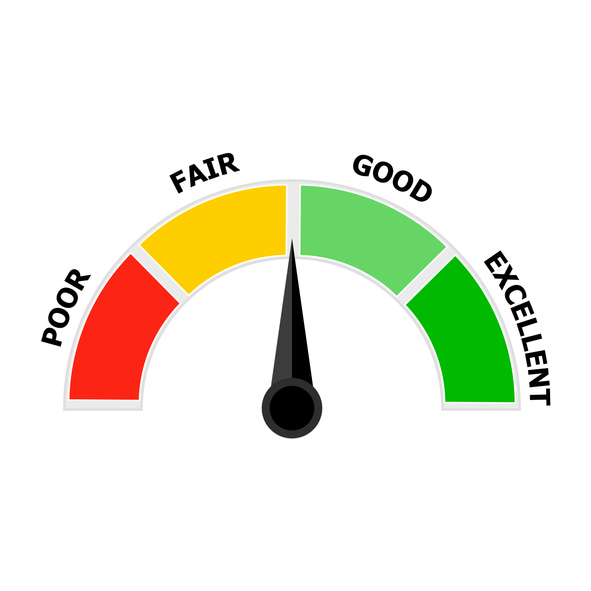When Should We Stop Certain Regulations?
In healthcare, we have become accustomed to ongoing Medicare regulatory oversight and changes. Many of these regulations are implemented to drive specific behaviors that are focused on improving quality and/or reducing costs. One such measure is the Medicare Two-Night Rule. This rule, created in 2013, was designed to replace the inappropriate inpatient admission status stays with what they… Read More »










